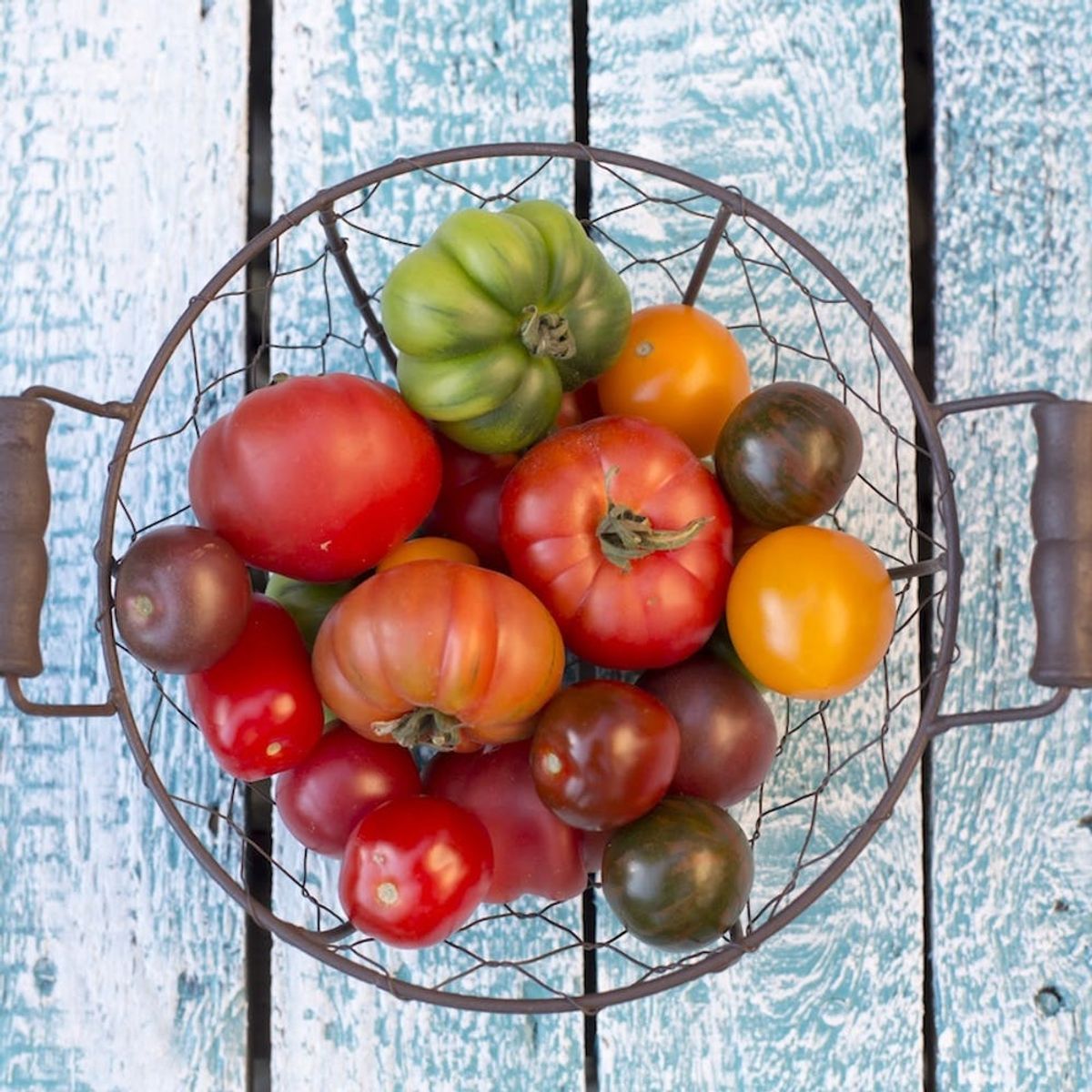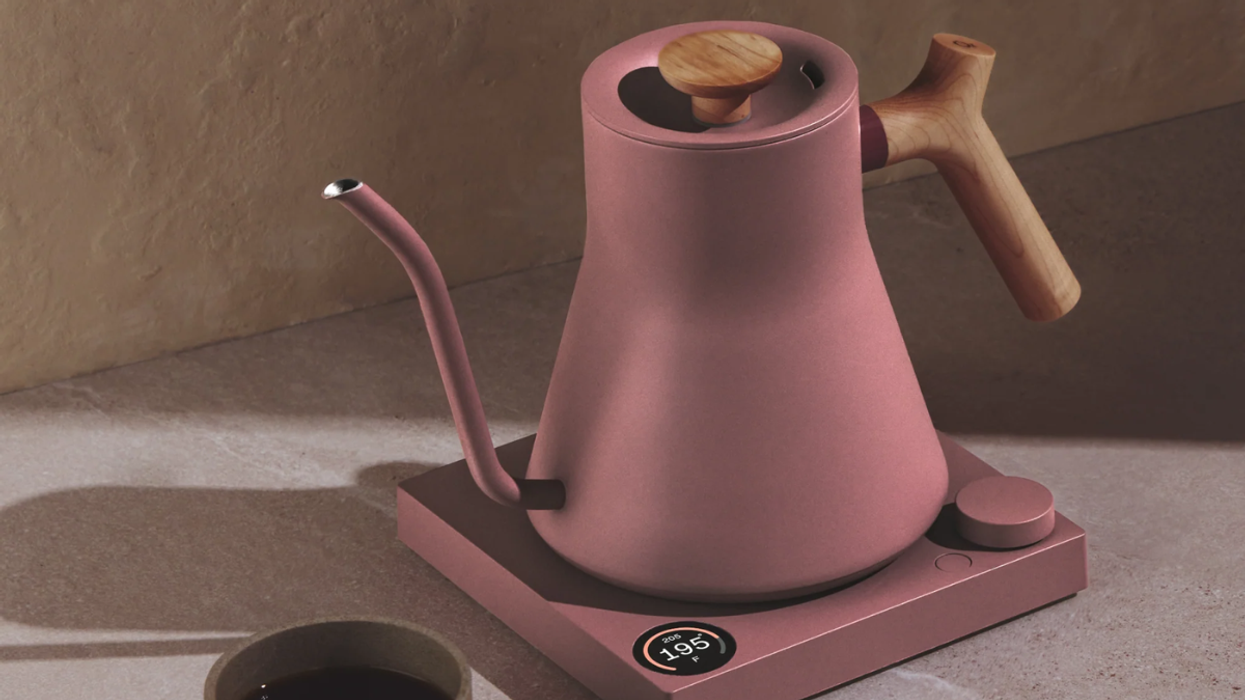There’s a new tomato controversy in town.
The Scientific Reason You’re *Ruining* Tomatoes by Storing Them in the Fridge

Summer may be over, but season changes can’t stop our tomato obsession. We put ’em in our breakfast frittatas, take any excuse to experiment with a new BLT, have been stockpiling tomato soup recipes since July, and even eat them on top of what we like to call “dinner cheesecake.” (Oh yeah. It’s a thing.) But if you’re a tomato lover like us, you should know that there’s a new tomato controversy in town, and it’s a lot bigger than “is it actually a fruit or a vegetable?” — at least in terms of how it affects your taste buds.
As reported by NPR, scientists at the University of Florida are the leading researchers on tomato taste, and their latest test was to look at what happens when a tomato is exposed to refrigeration, either in your home fridge or a refrigerated truck or grocery store storage room. The results were published in the Proceedings of the National Academy of Sciences. What they found: If you’ve been sticking your tomatoes in the fridge to preserve their freshness, your meals might be suffering for it.
After a week, the tomatoes showed lower levels of “aroma compounds,” the chemicals that give them their taste and flavor. The researchers discovered that the cold actually altered the genetic makeup of the tomatoes, “turning off” certain genes that produce those flavor compounds.
Chilling didn’t affect the tomatoes’ nutritional value, however, so if you happen to prefer the taste of refrigerated tomatoes (there are some people who feel very strongly about this), go for it. But for the record: In blind taste tests in the lab, the refrigerated tomatoes got lower ratings, so it might just be in your head. If you’re as tomato-obsessed as we are, try letting them chill on your counter instead of literally chilling in the crisper, and see if you notice a difference.
And by the way, there are lots of other ways you’re doing tomatoes wrong, too. For example: eating them raw. Raw tomatoes aren’t bad for you — they’re just not as good for you as they could be. Cooking tomatoes gives a big boost to their lycopene levels, that healthy compound loaded with oh-so-good-for-you antioxidants.
But if you do want to get all lycopene-happy, don’t do it with your beloved cast-iron pan. Metal cookware can react with the acidic nature of tomatoes to make them taste bitter and metallic, so use stainless steel instead.
As for cutting your tomatoes: How you do it won’t affect the taste or nutritional value, but your technique and knife choice (surprise: serrated works best!) do make the difference between crisp slices or wedges and a slushy, seedy mess.
Bottom line: Treat your tomatoes right, and they’ll treat your taste buds and body right too.
What are your personal tomato dos and don’ts? Or are there any other foods you know most of us are cooking/eating wrong? Tweet us your tips @BritandCo!
(Photos via Getty)


















